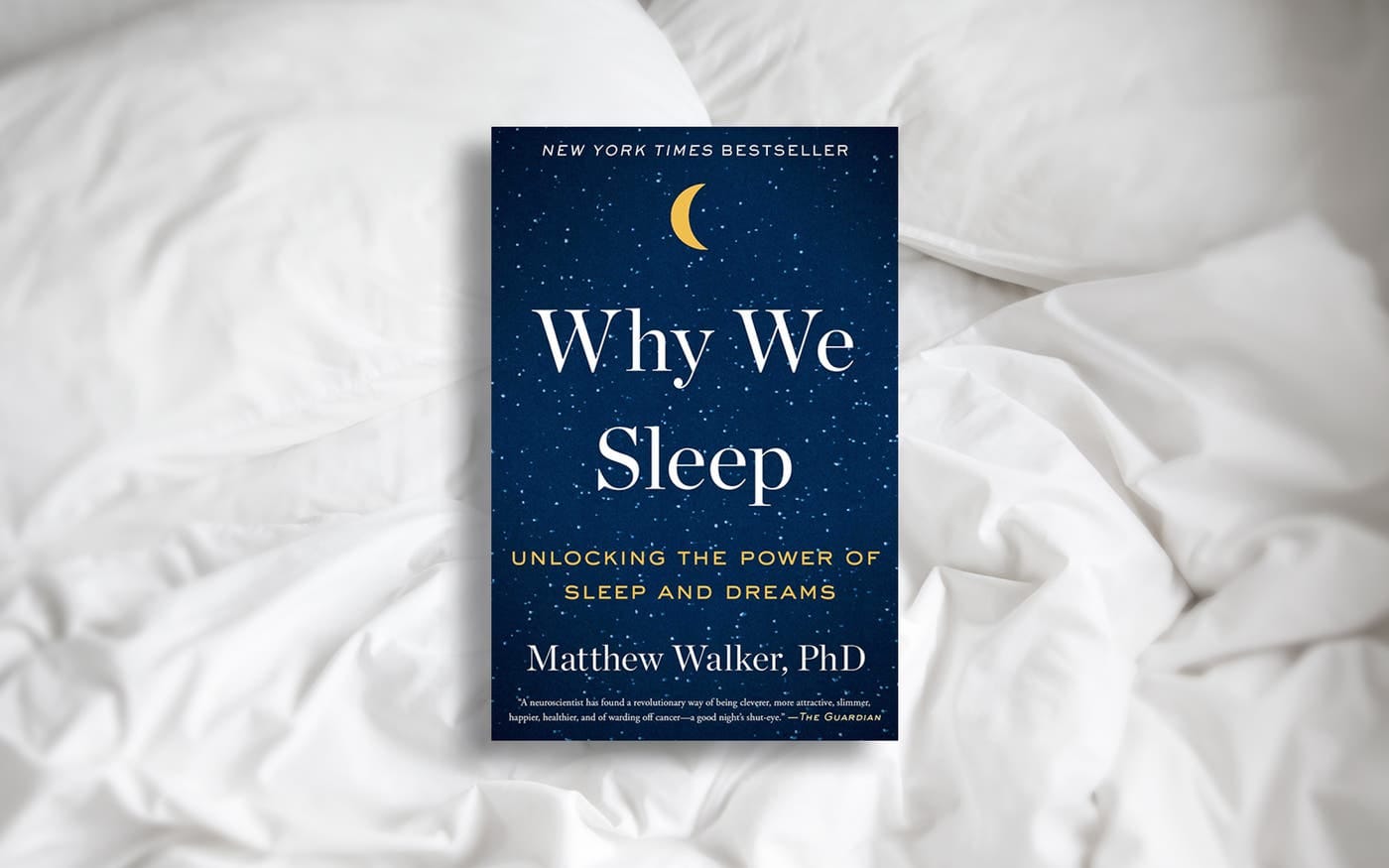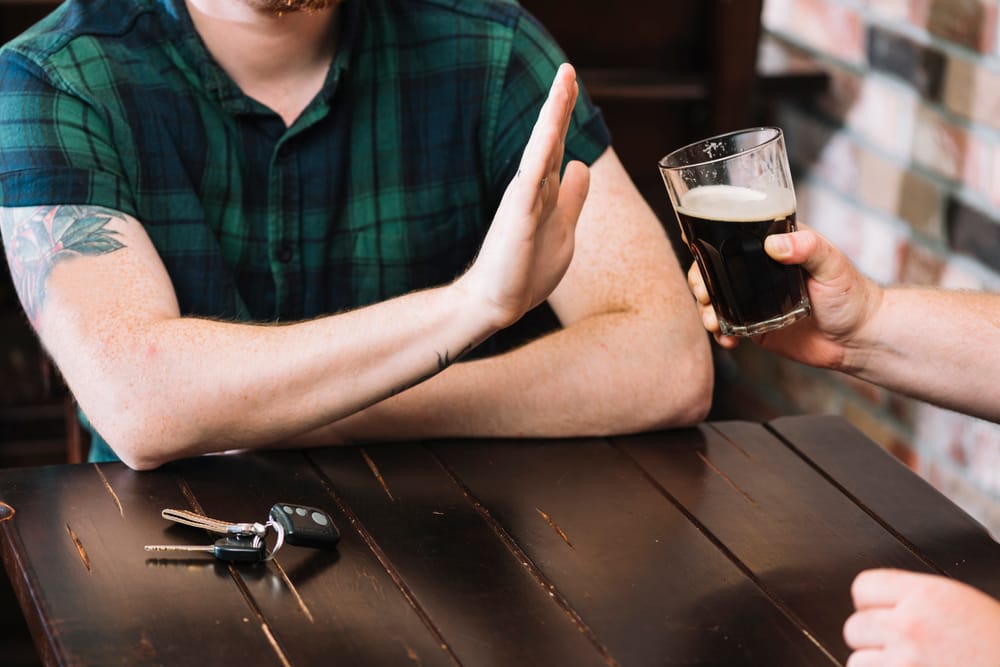Introduction
I am a data junkie. I’ve monitored health metrics using my Oura Ring, Garmin watch, and most recently, a Coros smartwatch. I analyze this data for trends to help inform my workout strategies and recovery actions.
One key metric I frequently examine in recovery is Heart Rate Variability (HRV), which indicates how well-recovered I am after a night of sleep. A few months ago, I made a decision that led to some of the highest HRV numbers I had ever recorded. So, what was this life-altering decision, you ask? Instead of embarking on some miraculous new recovery supplement, I chose to cut alcohol from my life.
In this post, I will explore my decision to stop consuming alcohol at age 35. I’ll discuss the research I uncovered that supported this choice, share the data I observed after making this significant change, and offer my personal reflections on how this decision has impacted my life.
Understanding My Relationship with Alcohol
To begin, it's essential to establish my relationship with alcohol prior to making this decision. Although I wouldn’t categorize my drinking habits as problematic, they were present. When I did drink alcohol, I would not consider my behavior to be out of line or concerning. I typically consumed up to two cans of beer in a single sitting—usually paired with food and spaced out over time. There were weeks where I enjoyed one beer each day after work, as I found the taste comforting and thought it helped me relax after a stressful day.

While I never viewed my behavior as concerning, I gradually recognized that nutritionally speaking, the alcohol I consumed was mostly empty calories without significant benefits. I also felt the sedating effects of alcohol impacting my ability to engage with my daughter and maintain the mental clarity I value. After enjoying a beer or two, I noticed my capacity for brainstorming and generating ideas diminished, which meant that some of my most productive moments were tinged with voluntary impairment.
Then there is the impact that I believed alcohol was having on my sleep. At the time, I was doing about 3-4 hours a week of cardio work and 2-3 hours of weight lifting. I did not see any signs of overtraining. Yet my recovery seemed to peak at a level lower than I expected. I made sure to optimize my lifestyle, including all of the following.
- Getting 7-8 hours of sleep consistently
- Avoiding screens 1-2 hours before bed
- Getting plenty of sun in the morning to reset my circadian rhythm
- Taking supplements to fill in nutritional gaps
- Focusing on nutrition with macro tracking
I saw minor bumps in my recovery with each of these changes. However, I still believe there was more optimization I could do.
The Turning Point: Making the Decision
The decision to make a change didn’t stem from a health scare or a dramatic incident; instead, it arose from self-reflection that led me to ask some critical questions. What would happen if I eliminated alcohol from my diet? How would my recovery, sleep, and stress levels improve? Would my mental clarity during the evenings increase?
Much of my research focused on alcohol's impact on sleep, and I turned to Matthew Walker's book, "Why We Sleep," for insights. According to Walker:

“Alcohol sedates you out of wakefulness, but it does not induce natural sleep. The electrical brainwave state you enter via alcohol is not that of natural sleep; rather, it is akin to a light form of anesthesia.”
Walker emphasizes that alcohol significantly disrupts restorative sleep, particularly:
“... alcohol will often suppress REM sleep, especially during the first half or two-thirds of the night.”
“First, alcohol fragments sleep, littering the night with brief awakenings. Alcohol-infused sleep is therefore not continuous and, as a result, not restorative.”
If you do any research on sleep, you’ll know that REM sleep is crucial for consolidating memories by moving information from short-term to long-term storage. It’s also tied to emotional regulation, which can aid in alleviating anxiety and depression. The research suggested that by abstaining from alcohol, I could experience positive impacts on my sleep quality and overall mental well-being.
Elimination for me was simple. I just quit buying anything with an alcohol content greater than 0.5%. If you are familiar with Kombucha, this is the percentage of alcohol that Kombucha has. Without anything in the house, I had no problems eliminating it from my diet. There were and still are some cases where I craved the taste of a beer. However, I have found some good non-alcoholic (0.5% or less) alternatives to quench these cravings. Other than the occasional craving, I did not have any other withdrawal-like symptoms.
The Benefits of Sobriety
Now that I have been alcohol-free for about five months, I can delve into the benefits I’ve experienced. After eliminating alcohol, I have become more aware of my dreams; I now dream almost every night and can recall details from those dreams. This newfound vividness delivers a sense of richness to my sleep experience. I also wake up feeling noticeably more refreshed. In those initial weeks of sobriety, I recorded marked improvements in my REM sleep, as reflected in my Oura data.
While the numbers present a compelling case, the most notable benefits come from how I feel overall. My focus has sharpened, and I find myself generating ideas more effortlessly. Instead of being clouded by the lingering effects of alcohol, my mind now feels clear and agile. Additionally, I’ve managed to maintain a leaner physique by cutting out the empty calories that alcohol added to my diet.
Lessons Learned and Advice for Others
So now, the question remains: am I happy with my decision? Absolutely! I’ve discovered non-alcoholic alternatives that taste just as satisfying, and I truly don’t miss alcohol. When socializing with friends or family, I simply bring my own non-alcoholic beverages to enjoy and find that these drinks fit seamlessly into my lifestyle.
I would encourage anyone considering the possibility of cutting alcohol from their life to weigh the potential benefits I’ve observed. Whether for improved clarity, health, or creativity, abstaining from alcohol can significantly enhance your day-to-day experiences.
It’s important to recognize that making such a change is a personal journey; everyone’s motivations and experiences will differ. However, by focusing on the positive outcomes attached to sobriety, you may find the motivation to take that leap.
Conclusion
In summary, my journey toward sobriety has had a profound impact on my life. The decision to stop drinking alcohol has not only improved my physical health—reflected in my enhanced sleep quality and higher HRV metrics—but also boosted my mental clarity and creativity. As I consider my future, I look forward to continuing this path and exploring further personal growth opportunities.
I invite you to share your thoughts or experiences related to sobriety in the comments below. Whether you’ve gone through a similar journey or are simply curious about its benefits, your insights can help foster a supportive community as we all strive for personal improvement together.

